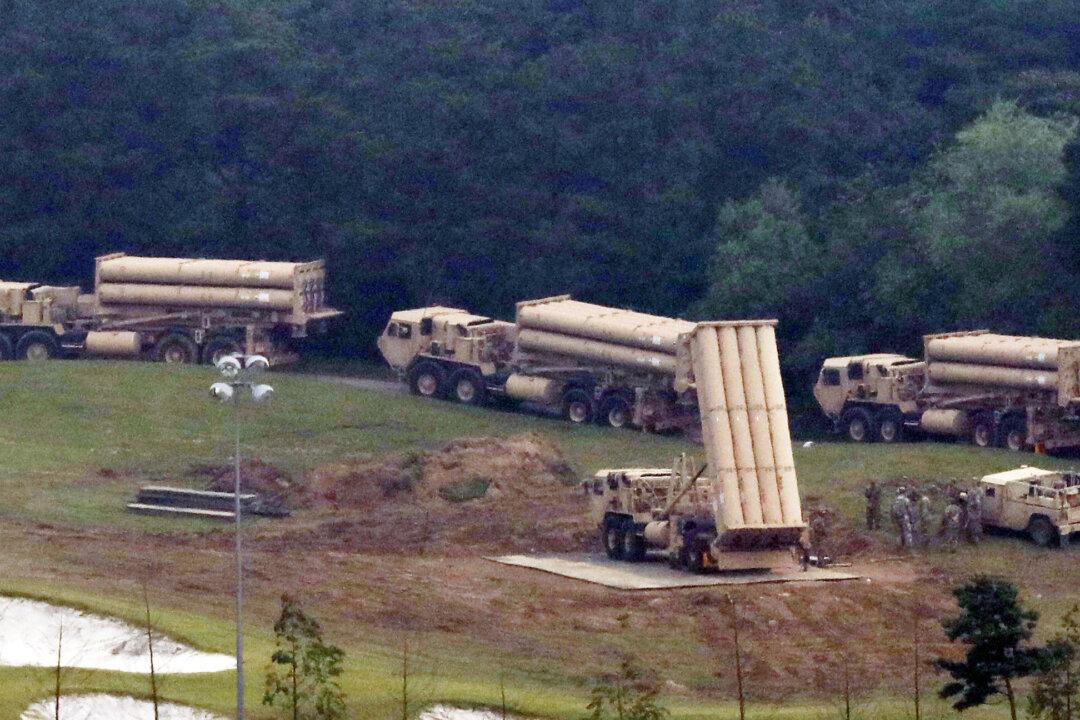China has agreed to drop a punitive economic measure that would have cost South Korea billions in exchange for South Korea agreeing not to form closer military ties with the United States and Japan, nor install any more THAAD missile defense systems capable of taking out North Korean missiles.
The agreement, made on Tuesday, ends a year-long dispute that erupted after South Korea began installing the radars and missile batteries the THAAD system uses to detect and destroy incoming ballistic missiles.





